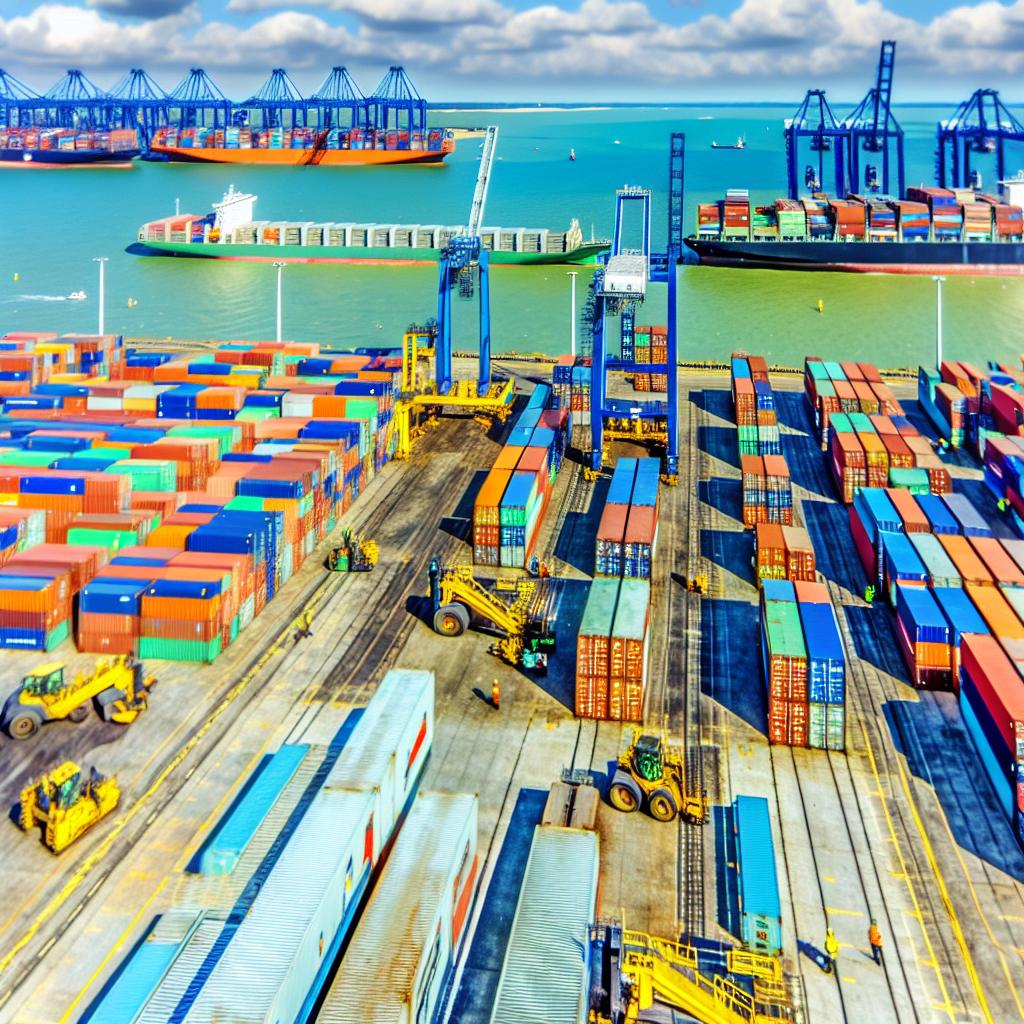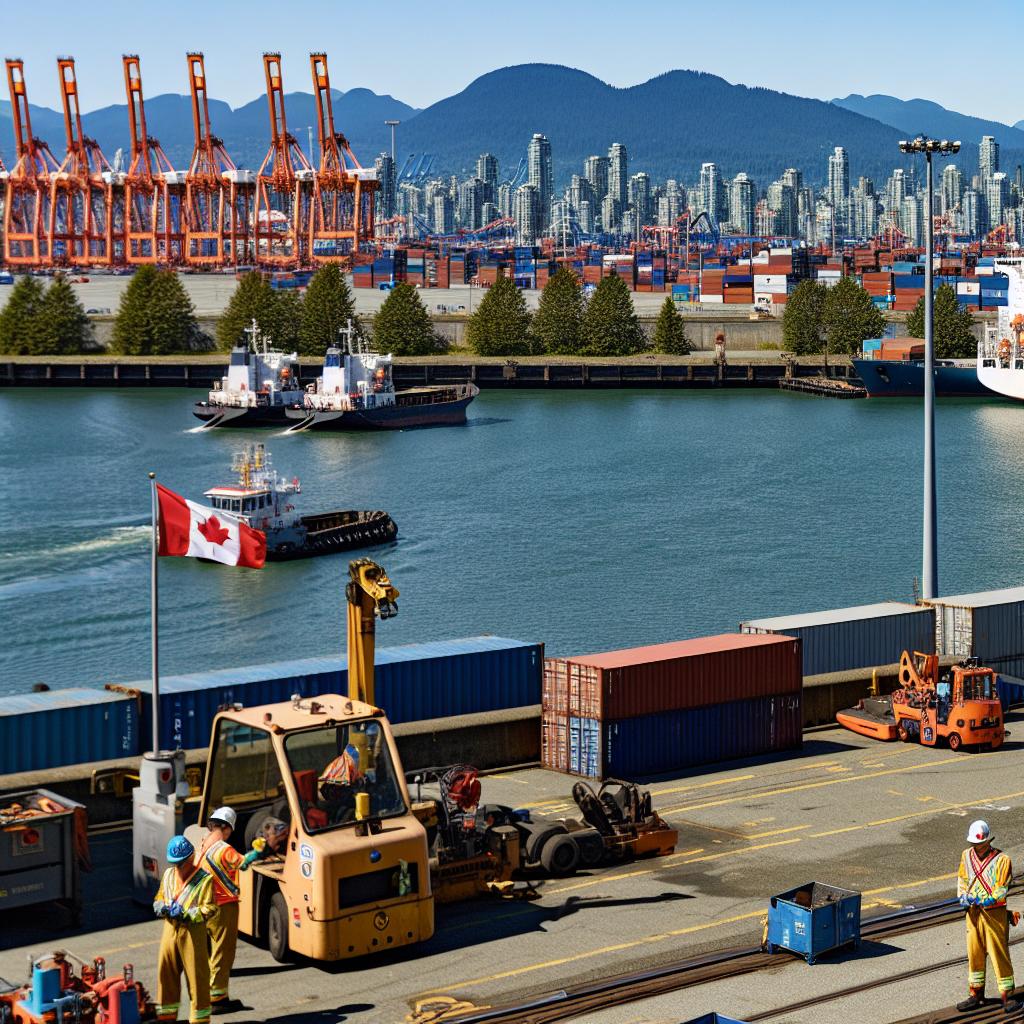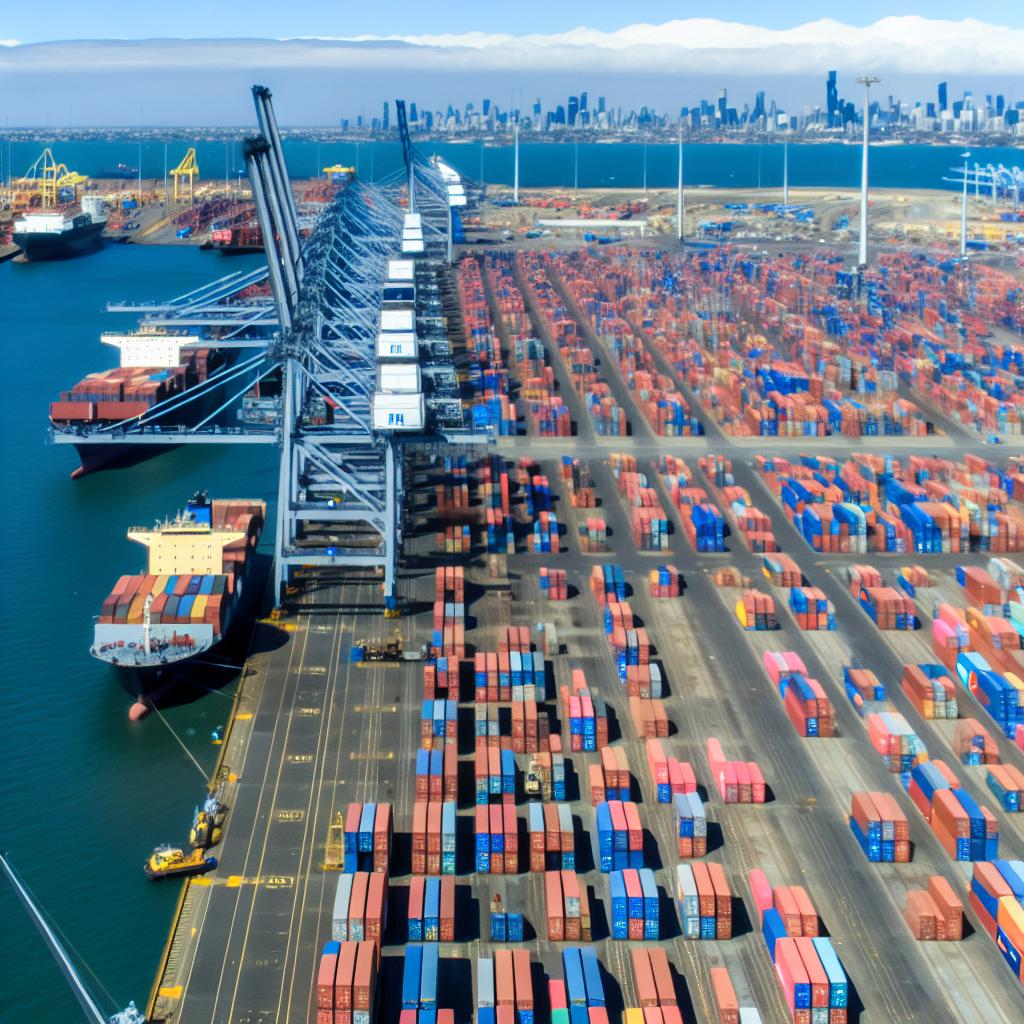Geographical Significance
The Port of Djibouti is strategically located at the crossroads of major international shipping lanes, providing access to the Red Sea and the Indian Ocean. This positioning makes it a pivotal point for maritime trade between Europe, Asia, and Africa. The port’s location near the Bab el-Mandeb Strait, a narrow passage connecting the Red Sea to the Gulf of Aden, is particularly crucial. This Strait is one of the world’s busiest maritime routes, through which a substantial portion of global oil and commercial shipping passes.
The significance of the Bab el-Mandeb Strait cannot be understated. This geographical feature is a gatekeeper of sorts for vessels navigating between the Mediterranean Sea and the vast markets in Asia. Ships can traverse this passage, ultimately reaching the Suez Canal, which connects to the Mediterranean, or venturing southeast towards the bustling ports of South and East Asia. Consequently, maintaining the security and accessibility of this waterway is of global interest.
Furthermore, the Port of Djibouti acts not just as a transit point but also as a logistical bedrock in a region where maritime traffic is constantly intensifying. The volume of container shipping and tanker movement underscores the port’s importance in international trade. This geographic setting reduces the maritime distance between Europe and Asia, making the port an attractive option for shipping companies aiming to cut transit times and costs.
Economic Implications
Economically, the Port of Djibouti is a vital contributor to the national income of Djibouti. Its operations extend beyond serving just its domestic economy, emerging as a principal hub for trade not only for Djibouti but also for its landlocked neighbor, Ethiopia. Given that Ethiopia relies heavily on Djibouti for its imports and exports, the port plays an essential role in supporting the Ethiopian economy.
Ethiopia, with a population surpassing 100 million people, is on a trajectory of rapid economic growth. Without direct access to the sea, Ethiopia depends on the Port of Djibouti to sustain its expansive import and export activities. This symbiotic relationship enhances regional trade and economic cooperation, with the port providing a critical outlet for Ethiopia’s goods like coffee, livestock, and textiles. This dependency highlights the port’s significance in fostering regional economic stability and growth.
The economic implications extend further, as the port attracts investments and creates jobs, boosting the local economy. It functions as a financial engine, drawing in foreign exchange and facilitating international business partnerships. The transport and logistics services stemming from port activities support local enterprises, creating a ripple effect of economic benefits for the surrounding region.
Military Importance
The port’s strategic location also holds substantial military importance. It serves as a logistical and operational base for several global naval forces, including those of the United States, France, and China. These bases are critical for conducting military operations, maintaining regional security, and responding to maritime threats such as piracy.
Djibouti’s role as a host for these military bases speaks to its strategic importance on the world stage. The United States maintains Camp Lemonnier, its largest African military base, to uphold its interests in the region. France and China also maintain significant military presences, reflecting their geopolitical interests, such as securing sea routes and demonstrating power projection abilities.
The presence of these facilities facilitates monitoring and ensuring the safety of one of the world’s busiest shipping lanes. The robustness of these military establishments allows for rapid deployment in times of crisis, bolstering both regional and international security. The ability to swiftly counteract threats like piracy, or even humanitarian crises, highlights the port’s military importance.
Infrastructure and Development
Over the years, the Port of Djibouti has undergone significant infrastructure development to enhance its capacity and efficiency. Investments have been made to expand and modernize its facilities, allowing it to handle larger container ships and increased cargo volumes. These improvements are crucial for maintaining the port’s competitive edge and supporting its role as a central logistics hub in the East African region.
The development of infrastructure encompasses the construction of modern terminals, the introduction of high-tech cargo handling equipment, and the improvement of dock facilities to accommodate a diverse range of vessels. These advancements enable the port to manage the increasing sizes of modern container ships efficiently, aligning with international shipping trends towards larger vessel economies of scale.
Moreover, such enhancements are paired with strategic efforts to digitize port operations. The introduction of advanced data management systems facilitates smoother logistics, lessening turnaround times and enhancing operational transparency. These efficiencies are vital in keeping pace with global port standards, thereby preserving Djibouti’s stature in international trade circuits.
Challenges and Geopolitical Dynamics
Despite its strategic importance, the Port of Djibouti faces several challenges. Geopolitical tensions in the region can pose risks to maritime security and the uninterrupted flow of trade. Additionally, the competition for influence among major global powers in Djibouti, due to their military presence, can lead to complex diplomatic dynamics.
Maritime security issues, including piracy, pose direct threats to shipping lanes, challenging not only Djibouti but the broader international community. Although naval deployments have significantly curbed piracy incidents, the threat remains necessitating constant vigilance and cooperation among global powers.
The geopolitical landscape is further complicated as Djibouti navigates the interests of global powers stationed within its borders. The competition between these entities can result in diplomatic complexities, as Djibouti attempts to balance relationships and derive benefits from these powerful partners while safeguarding its sovereignty.
In summary, the Port of Djibouti holds strategic importance due to its geographic location, economic role, military relevance, and ongoing infrastructure developments. Its significance on the global stage is underscored by the confluence of economic, military, and geopolitical factors. The port’s evolution, driven by worldwide trade dynamics and regional political shifts, continues to paint Djibouti as a focal point of strategic prominence.




